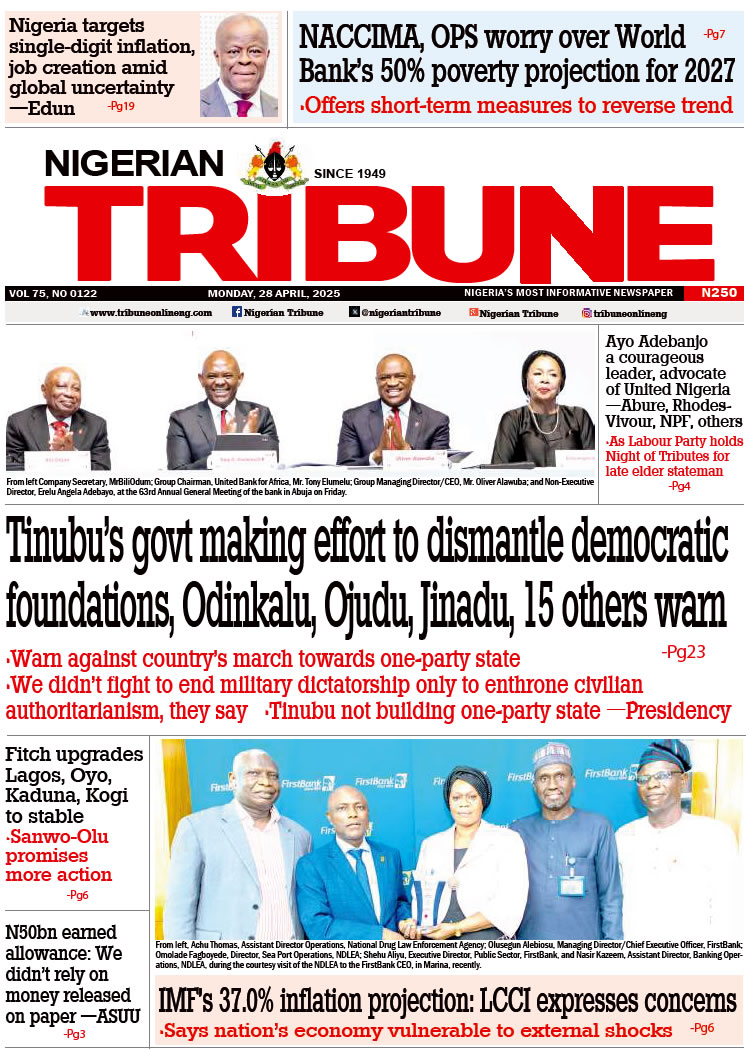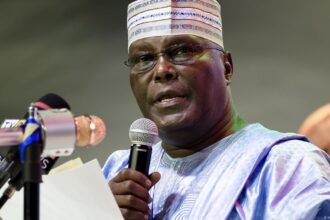Rachael Omidiji
The Supreme Court on Friday, 3 March 2023, ruled that the old Naira notes remain legal tender till 31 December 2023, as it set aside the deadline of the Central Bank of Nigeria (CBN).
However, In its new ruling, the Supreme Court said that all the old notes would remain legal tender until December 31, 2023, while nullifying the Naira redesign policy.
Recall In December 2022, the CBN announced a currency redesign and said the old N200, N500, and N1,000 notes would stop being legal tender by February 10.
On February 8, 16 Nigerian state governors pushed back against the policy. They sued the Federal Government, asking the court to put a hold on the policy.
The Supreme Court ruled in favour of the governors, stopping the FG from implementing the February 10 deadline. But there was uncertainty over whether the court had jurisdiction, as there were also questions about whether the CBN, an independent body, should obey the court’s judgment as it was not a party to the suit.
Eventually, the FG implemented the deadline, only conceding that old N200 notes would remain legal tender for another 60 days.
Today’s judgment brings much-needed clarity, with the Supreme Court ruling that it has jurisdiction to determine to suit because the CBN acted on the President’s directive. On February 16, President Buhari admitted in a broadcast that the CBN undertook the currency redesign on his orders. As such, the court insisted that the currency redesign policy could not be handed down after a private conversation with the CBN governor.
The court also noted that no reasonable notice was given to the public in line with Section 20 of the CBN Act of 2007.
On this premise, the CBN extended the legality of the notes to December 31, 2023, on the note that most countries allow old and new notes to circulate simultaneously for not less than one year.
“It is obvious that the President did not consult with the Council of States, the National Economic Council and other stakeholders including the National Security Council. The constitution does not expressly state that the President must hold such consultation. The duty is implicit in section 5 of the Constitution, which makes the President an agent of the federation. Such duty is inherent in a democracy. The first defendant belatedly realized it needed to consult with the Council of States.”








